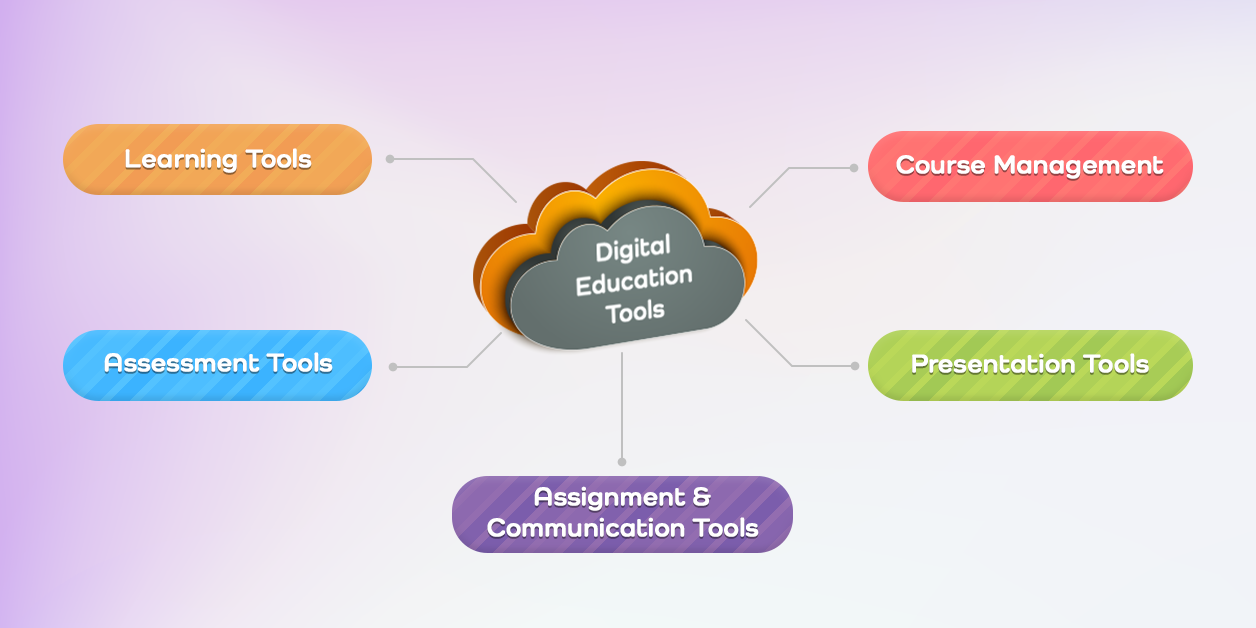There is no better time than now to experiment with the education system and opt for remote learning models. Are they in reality? Of Course, there is no iota of doubt and it has been rightly realized due to the ubiquitous COVID-19. Right from primary schools to colleges to universities, all the institutions of academic excellence realized the existing educational capabilities and gaps. Hence there is no option but to opt for digital education. This is the scenario across the world whereby the need of shaping education through online instruction comes to the fore.
In the wake of the pandemic, most of the countries have embraced digital education and it would be the mainstay in the future as well. In fact, higher education in certain institutions has gone digital and lived up to its potential.
We are living in a digital world. How can our educational institutions remain far behind? Why not we should have our footprint in digital learning? Digital tools like AI are already in use to deliver teaching but not on a large scale. This is the right time to leverage the advantage of digital education. As far as the Indian education system is concerned, it is very diverse, yet all the institutions are having unanimous responses for digital education because it is based on a learner-centric approach. In no way, it is less than the conventional method of delivering education.
Parents have been showing a lot of interest in this regard because learners find it great not only to interact with teachers but also to navigate the architecture of specific subjects as per their requirements. What is more interesting and engaging here is that the curriculum is best tuned to the needs of learners. Besides they have the opportunity to use the digital tool to learn under the tutelage of a mentor and interact with peers. All the programs that are ready for delivering are tailor-made and the learners can pick their teachers. Even parents by using digital tools can access resources to study materials as per their requirement.
Hence the time has come to invest in digital education. All the stakeholders of the education system are making an ambitious bid towards riding a new digital wave. At this movement, the education system is at the cusp of transformation. Digital innovation in education is being perceived as the harbinger of a knowledge-driven future. It is really an inspiration for adults to seize this emerging digital learning opportunity. Especially those who are working professionals are finding this mode of education very easy and great for their future career perspectives.
Let’s have a look at the digital innovation tools being used in support of digital learning such as:
- Moodle/Google classroom
- Conferencing tools such as skype
- Application of MOOCs (Massive Open Online Courses) like Edex, AI School of India, and Coursera
- Assessment tools such as Quizlet, etc
In addition to the above, classes are being conducted through a learning management system. Even the UGC has facilitated many digital learning resources to its academic community to ensure online learning takes place much to the needs of the learners.

Since learners and teachers have realized the potential of digital education, it leads to the edtech industry witnessing an increase in registration. Therefore, academic institutions should come forward and invest in digital learning. Those institutions relying on the edtech industry are able to improvise and curate the right content from multiple sources like books and videos. Further, teachers can handle the digital tools even without having technical knowledge.
By taking into cognizance of the above, arguably, digital education has the potential to replace conventional learning. If we have to prepare students in higher education for the future, then time has come to reassess the present mode of delivering education. Finally, if we introspect from the viewpoint of pedagogy, digital education will play a decisive role. This aspect has also got backing from the Ministry of Human Resource Development involving online higher education.
